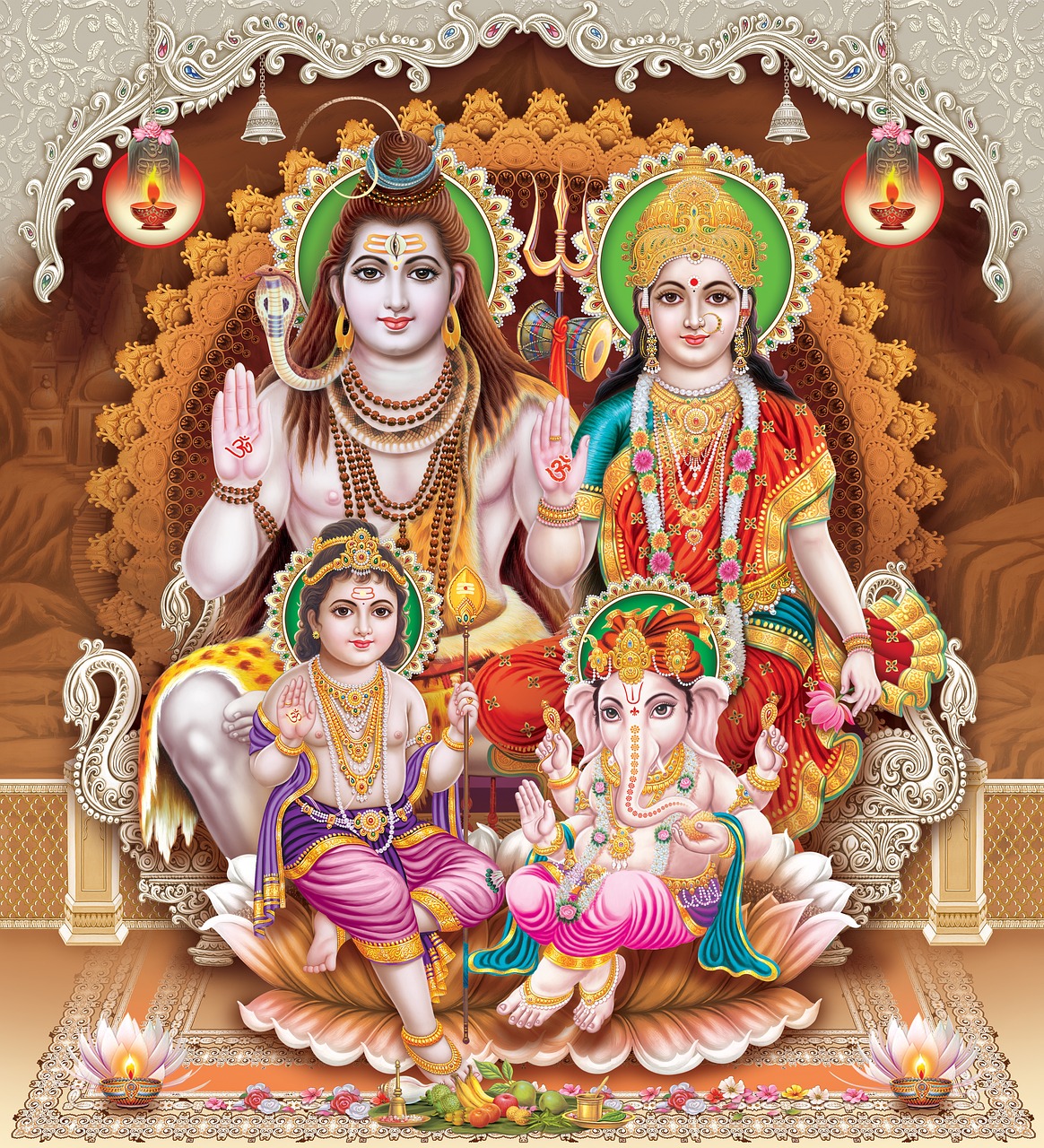Greek mythology represents a collection of narratives about deities, heroes, and ancient rituals. Dating back to Classical antiquity, these tales, while often containing fictive elements, were generally received as truth by the common people. Philosophers like Plato, active in the 5th century BCE, acknowledged their fictional aspects, yet the myths retained profound significance in Greek culture. Their influence on Western literary and artistic traditions has been immense, inspiring creators from ancient times to contemporary works, highlighting their timeless relevance.
Sources of Myths: Literature and Archaeology
The foundational texts of Greek mythology can be traced to the works of poets such as Homer and Hesiod. The Iliad and the Odyssey, key Homeric poems, were not solely entertainment; they established the characteristics and actions of the Olympian gods, understanding of which was essential for Greek audiences. Herodotus, the 5th-century historian, acknowledged that these narratives shaped the recognizable identities assigned to the gods.
Hesiod’s contributions, specifically the Theogony and Works and Days, enrich the fabric of Greek mythology. The Theogony, composed around 700 BCE, offers a comprehensive account of divine lineage and complexity through intricate genealogies, folktales, and myths explaining various origins. The Works and Days, in contrast, presents practical guidance for life, couched in themes of justice and morality, emphasizing a complementary relationship with the Theogony.
In addition to Homer and Hesiod, a range of post-Homeric epics and shorter poems, notably the Homeric Hymns, have contributed to the mythological landscape, preserving various significant tales. Lyric poets, especially Pindar of Thebes, who thrived in the 6th and 5th centuries BCE, crafted odes rich in mythology, while the dramatists Aeschylus, Sophocles, and Euripides of the same era showcased diverse traditions through theatrically engaging narratives.
Hellenistic Contributions and Archaeological Insights
During Hellenistic times, notable authors like Callimachus documented lesser-known stories, while Euhemerus introduced the concept of gods having originated from human figures, a perspective referred to as Euhemerism. Apollonius of Rhodes enriched the tradition with his detailed account of the Argonauts’ quest for the Golden Fleece.
Several works from the Roman Empire also provided vital mythological sources, including Strabo’s Geography and the Library of Pseudo-Apollodorus, attributed to a 2nd-century CE scholar. Other important writings came from Plutarch and Pausanias, while Hyginus’ genealogical texts in Latin offered insights into later Greek mythology.
Archaeological Discoveries
The uncovering of the Mycenaean and Minoan civilizations has been instrumental in deepening the understanding of ancient Greek myths and rituals. Heinrich Schliemann’s excavations in the 19th century, alongside Arthur Evans’ work in the 20th century, shed light on these earlier cultures, spanning roughly from 2200 to 1450 BCE for the Minoans and 1600 to 1200 BCE for the Mycenaeans.
Despite the monumental evidence pointing towards myth and ritual practices, much information remains enigmatic due to the limited usage of the Linear B script, which recorded logistical information rather than narratives. Artistic ceramic designs from about the 8th century BCE depict key mythological themes, including the Trojan cycle and heroic feats of Heracles, although the contexts remain largely interpretative due to a lack of accompanying inscriptions. The subsequent Archaic, Classical, and Hellenistic periods continued to integrate literary mythology with archaeological findings, bridging ancient narratives with evolving cultural expressions.



